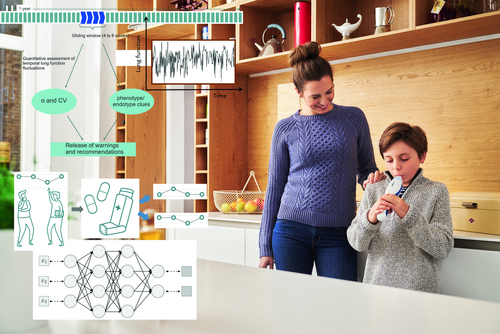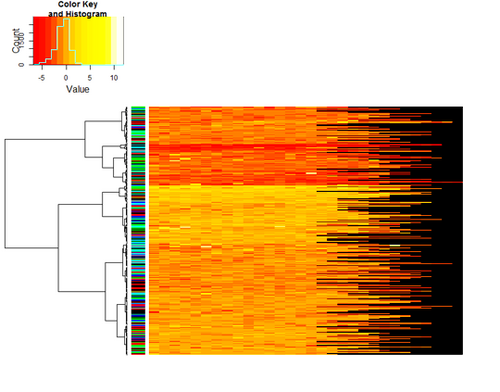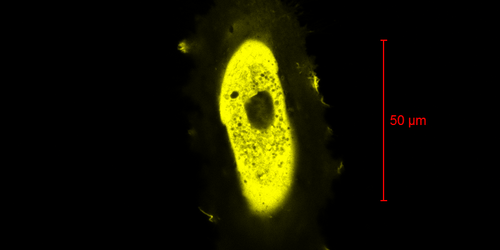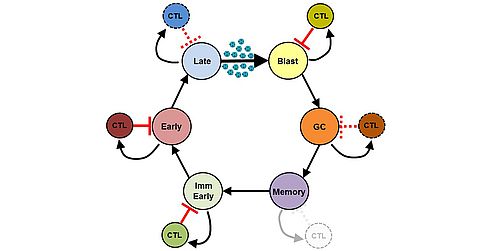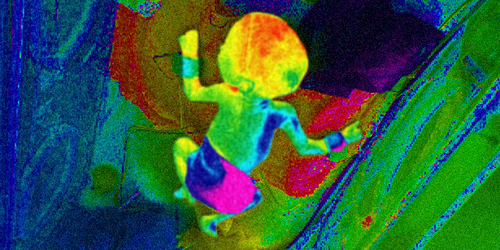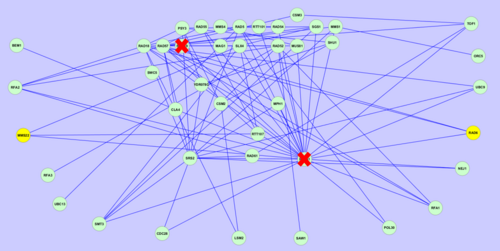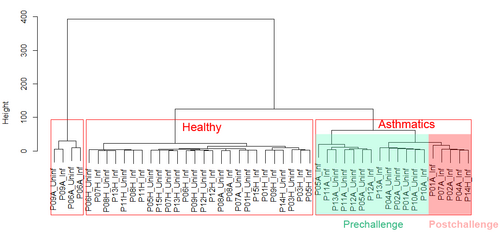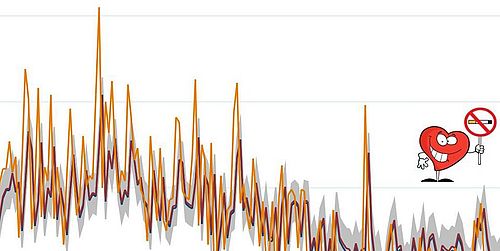Computational Physiology & Biostatistics
The human body permanently reports about its health or disease status, even in the absence of symptoms. We only need to learn to listen for long enough. In fact, physiological as well as pathophysiological processes are quite dynamic. Thus, their characteristics are reflected in the properties of the time-dependent behavior of measurable physiological parameters or biomarkers, for example, the heart rate. Predictability, randomness, and amplitude and frequency of fluctuations, are among the properties of the time-dependent behavior of such biomarkers that we study.
In many of today’s diagnostic and treatment approaches, most of this information passes unnoticed, because we don´t have the tools and skills to collect and interpret it. However, hospitals and researchers are generating huge amounts of data every day. We only have to learn how to interpret or classify these data in order to substantially enhance our understanding of health and disease states. Our goal is therefore to combine and develop mathematical, computational, and statistical methods, including machine learning, for the analysis of pathophysiological measurements, particularly those related to respiratory and cardiac function. A better interpretation and classification of the data will lead to more accurate diagnoses and patient-tailored treatment strategies, i.e., personalized medicine.
The main theme of our research activities is the development of means for quantifying physiological and disease dynamics. This theme is at the core of the research projects displayed below that are currently being pursued in our group.
Our unit works in close collaboration with clinical researchers and epidemiologists. We use well established computational techniques to analyze clinical and epidemiological data. We also work on the efficient implementation of such techniques, and on the improvement and de novo development of computational methods. In addition, we pursue in vitro cell and molecular biology lab work, including fluorescent microscopy and live cell imaging. Our clinical collaborators help us with the data acquisition within the different cohorts of voluntary participants.
The Computational Physiology and Biostatistics group is a subunit of the pediatric pulmonology research unit led by Prof. Urs Frey at the University Children's Hospital and the Department of Biomedical Engineering at University of Basel. It is located at the University Children’s Hospital at University of Basel (UKBB). It was founded in 2012. Our joint expertise covers applied mathematics, statistics, bioinformatics, machine learning, epidemiology, cell and molecular biology, human physiology, and respiratory medicine.
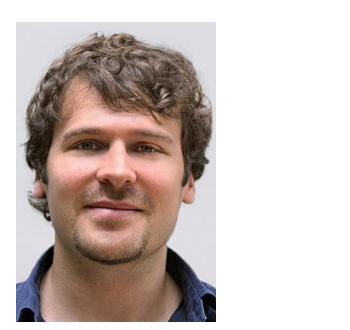
Adjunct Prof. Edgar Delgado-Eckert, Phd
Head of Computational Physiology and Biostatistics
Spitalstrasse 33
4056 Basel
Switzerland
Tel: +41 61 704 18 37

